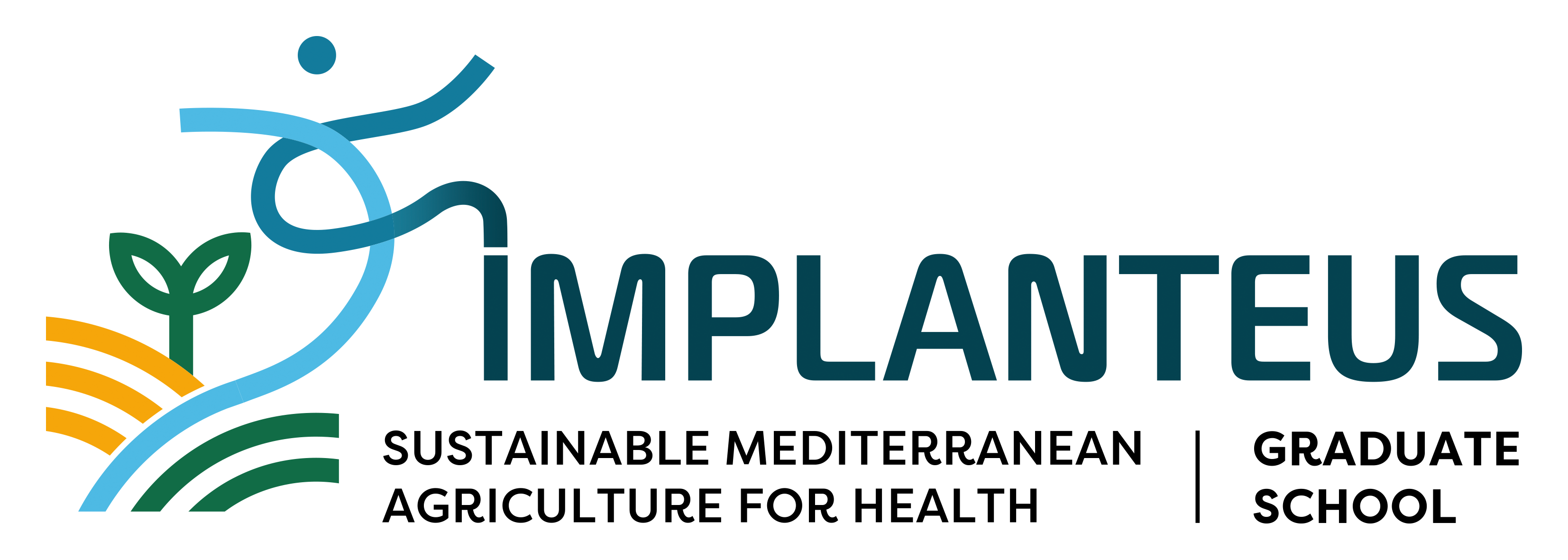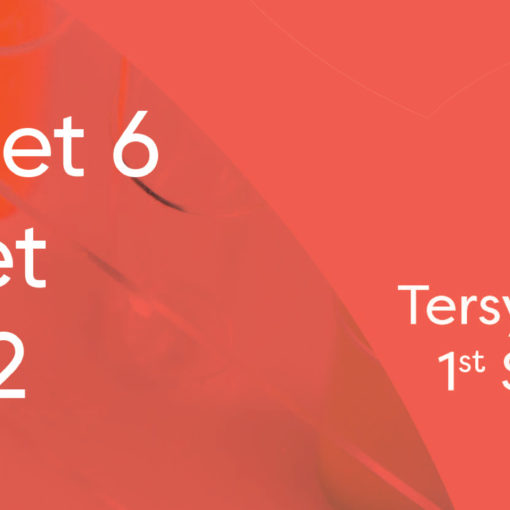The Implanteus graduate school of Avignon University proposes for its second year a cycle of scientific conferences, combining face-to-face and distance lectures.
The next conference will take place:
Wednesday 13th April 2022
2:30 pm online
« Crop evolution: from wild to domesticate and vice versa »
Maud Tenaillon (CNRS)
Resume
Most cultures have an extraordinary adaptability that has allowed them to colonize a wide variety of habitats. Taking maize as an example, we will focus on the genetic determinants of its adaptive success. Some results on local adaptation mechanisms in teosintes, its closest wild relatives, will then be presented. Will be further illustrated how key traits such as flowering time contributed to its spread outside its center of origin, and showed how selection on that particular trait can support life cycle changes.Finally, the importance of bidirectional gene flow between crops and their wild relatives that has contributed to improving the adaptive capacity of maize will be highlighted, but it also facilitated the establishment of teosintes as noxious weeds in Europe.
Maud Tenaillon
Maud Tenaillon is a director of research at CNRS, leader of the team “Evolutionary Genomics and Adaptation of Domesticated plants” in the Quantitative Genetics and Evolution (GQE-Le Moulon) department located at the Université Paris-Saclay. She defended her PhD in 1999 before completing a three-years postdoc at the University of California – Irvine. She obtained a permanent position at CNRS in 2001 and was awarded the CNRS bronze medal in 2011 after performing a two-years sabbatical leave, back in Irvine. Her work focuses on understanding how evolutionary forces shape genetic variation of plant genomes, with a specific interest on human-plant interactions. Full CV and more information on ongoing projects can be found here: http://moulon.inrae.fr/en/personnes/mtenaillon/.




